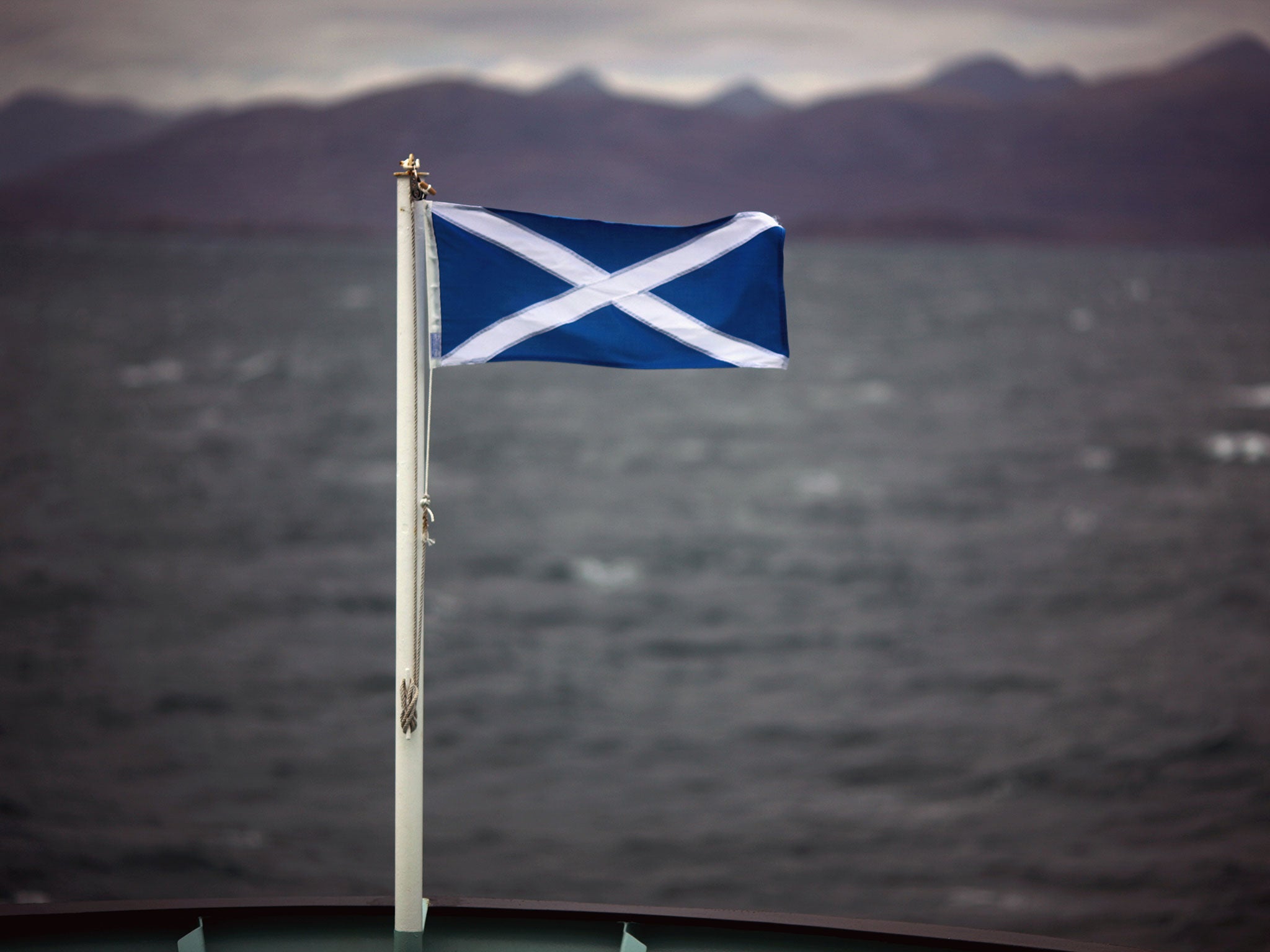Scottish independence: Salmond in need of poll boost from televised debate
Country is on course to vote No to independence in September's referendum

Scotland is on course to vote No to independence in September's referendum by a margin of 57 to 43 per cent, according to a “poll of polls” for The Independent.
Despite the heated battle between supporters and opponents of a breakaway, public opinion appears remarkably unchanged. Since March, the Yes and No camps have been within one percentage point of their current average rating.
The 57 to 43 per cent margin is based on the latest six opinion polls and excludes “don’t knows”. It has been calculated by John Curtice, professor of politics at Strathclyde University, who writes a blog called What Scotland Thinks.
After a pause for the Commonwealth Games in Glasgow, the referendum battle will burst back into life next Tuesday, when Alex Salmond, Scotland’s First Minister, goes head-to-head in a much anticipated TV debate with Alistair Darling, leader of the Better Together campaign. David Cameron has refused to debate with the Scottish National Party leader.
According to Professor Curtice, there is much resting on the debate for supporters of independence, who need a boost. 70 polls have been published since February last year, when the question on the ballot paper was settled, and all but one have put the No camp ahead. The only one that did was carried out for the SNP.
No issue matters more to Scots than whether they think independence would be economically beneficial for Scotland. Prof Curtice said: “Unfortunately for Mr Salmond at the moment pessimists still outnumber optimists by some 45 to 35 per cent. Unless Mr Salmond can begin to turn those numbers around, it looks as though Scotland will opt to stay in the Union, albeit perhaps by a margin that some unionists may find rather less than comfortable.”
The Yes side has made some progress. Before last Christmas, support for independence was running at just under 40 per cent. Support for independence rose to 43 per cent by March but has rarely moved outside the 42-44 per cent since.
“The Yes campaign seems to have stalled while still significantly short of its destination,” said Prof Curtice.
While all pollsters agree that the Yes side is behind, they do not agree by how much. During the last four months, the Yes vote has averaged 47 per cent in polls conducted by Panelbase, 45 per cent in those by Survation, and 44 per cent in those by ICM. In contrast, TNS BMRB have put the Yes vote at no more than 42 per cent, while both YouGov and Ipsos MORI have estimated it at just 40 per cent.
Prof Curtice said: “It looks as though we may not the ascertain the answer until the real votes are counted on 18 September. But if the former group of pollsters are correct, one more heave might just produce an unexpected Yes victory. If, on the other hand, the latter pollsters are correct, success would seem to be beyond Mr Salmond’s grasp, irrespective of how well he performs on Tuesday."
Join our commenting forum
Join thought-provoking conversations, follow other Independent readers and see their replies
Comments
Bookmark popover
Removed from bookmarks